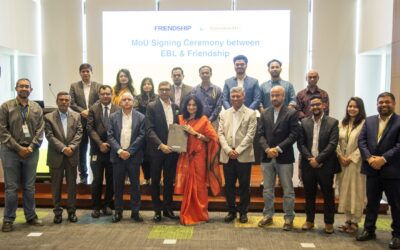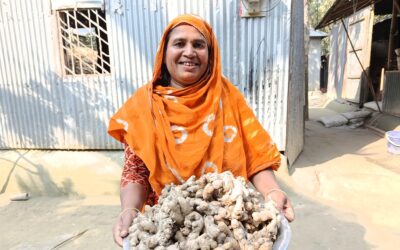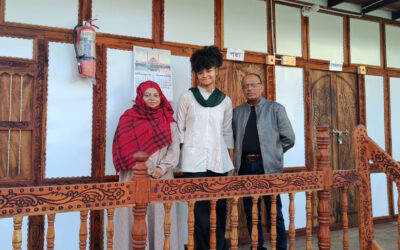An international volunteer doctor recounts her experiences at a Friendship floating hospital
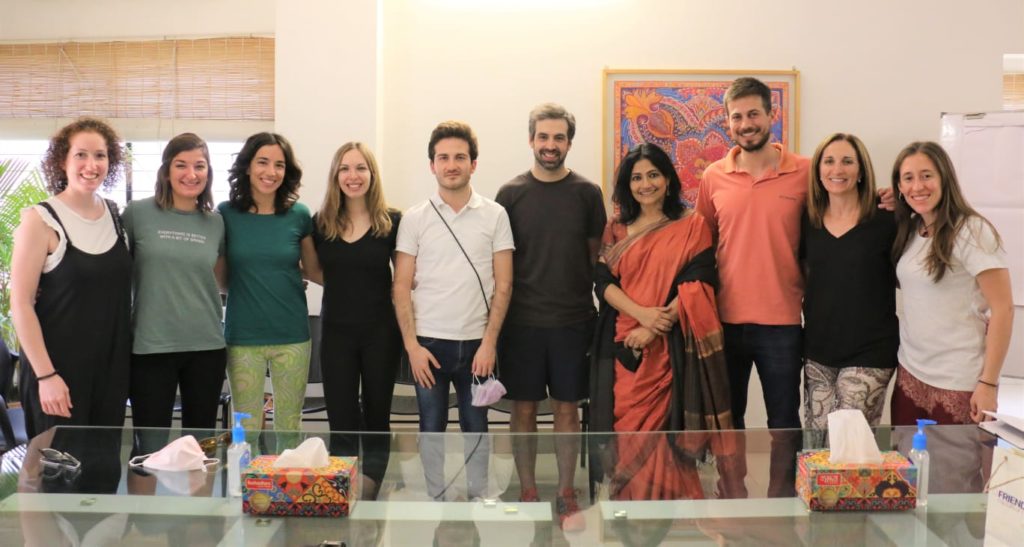
by DR. FINA TOMÀS
March 23, 2022
It is a slow, cautious look, perhaps out of fear, perhaps out of respect, that these people give us when welcoming us into their life, much as their March sun does when welcoming a new day, with warm rays of humility and kindness.
We feel our hearts stir with gratitude for the opportunity to offer them some help.
With our contribution, somehow, we wish to pay tribute to these people of noble and humble souls, who await us in some of the most remote areas of Bangladesh. People of a seemingly forgotten land, to whom Friendship has managed to bring a glimmer of hope, soothing their troubled lives.

We realise the exceptional work that Friendship does in favour of the most disadvantaged people; providing solutions to the consequences of climate change that they suffer, supporting and guiding their way of earning a living, and providing education to the minds and hearts of the children with their restless eyes and with eagerness for knowledge. Also, by giving strength and healthcare to them, Friendship offers these people tangible and robust alternatives, dignifying and empowering their lives.
We leave behind the noisy, polluted and intense city of Dhaka, and through bustling paths and roads, we cross into the part of a country where a resilient people subsist. A people with hardened and suntanned skin, reflecting the arduous work to which they are subjected: cultivating, fishing, or working in some of the many kilns of the brick factories; the chimneys of which, without ceasing to emit smoke, are distributed throughout the landscape that we discover during our journey.
We enter into the land of a discreet people. A land that, as the best of gifts, presents us with stunning sunsets. A land where, every morning, the first rays of the sun bestow our bodies and souls with their power and energy.
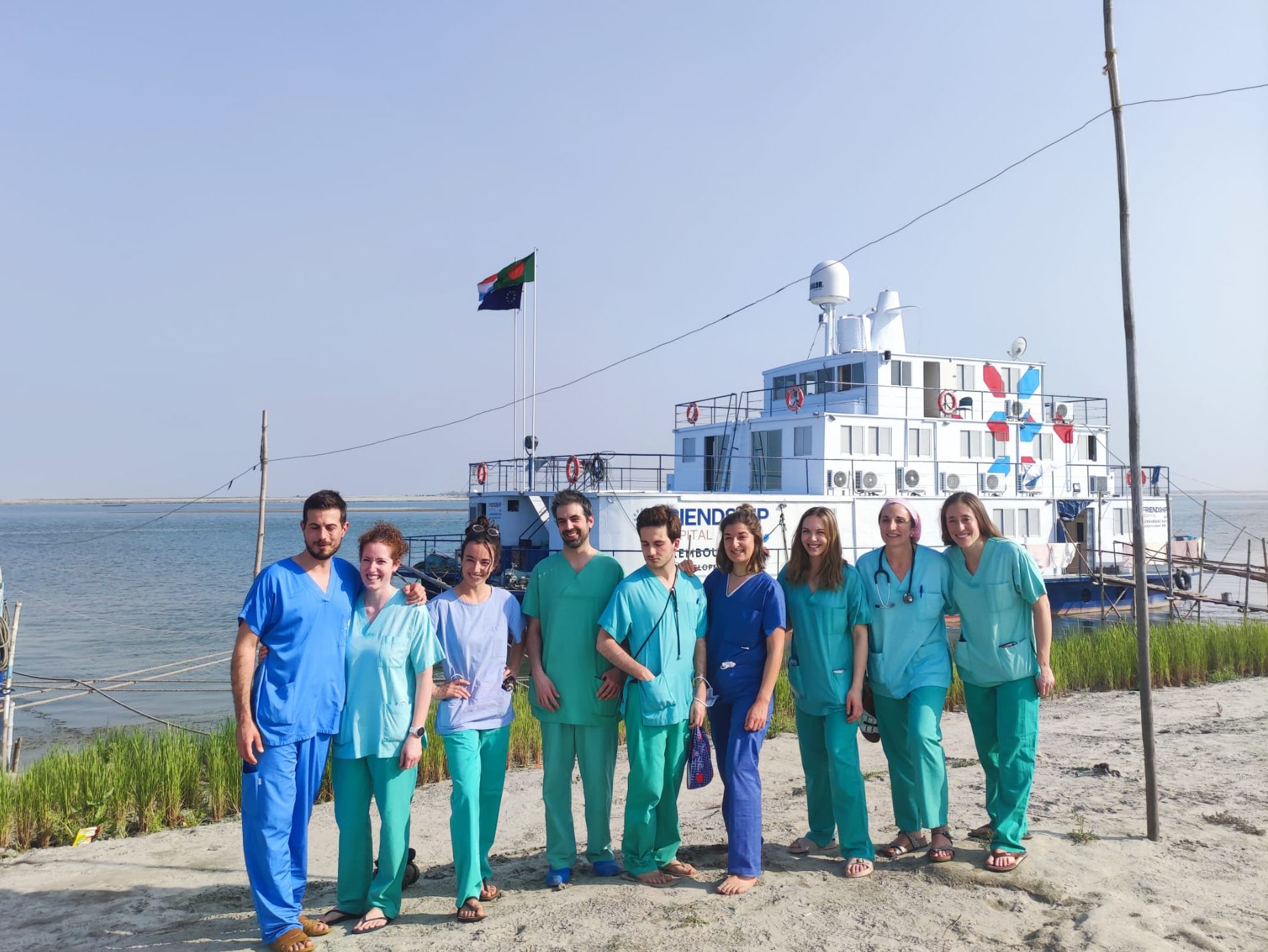
A team of unique and admirable people, Catalan nurses and doctors, accompanies me. We join the wonderful team at Friendship’s floating hospital, who receive us with affection, offering us an unbeatable welcome.
It never ceases to impress me how the people living in these remote lands face the harshness of their lives. And this feeling, in turn, rouses our spirits and makes us tireless in our work. We discover indescribable clinical situations, perform medical consultations, some ultrasounds, and, above all, carry out assist with 78 medical procedures, that reduce the difficulties of those who were suffering, thus increasing their quality of life and life expectancy. Despite the fact that extraordinary medical situations are presented to us—extraordinary because of their rarity or their unusually advanced stages—the enthusiasm and professionalism of the whole team shine through as they endeavour to respond to each situation.
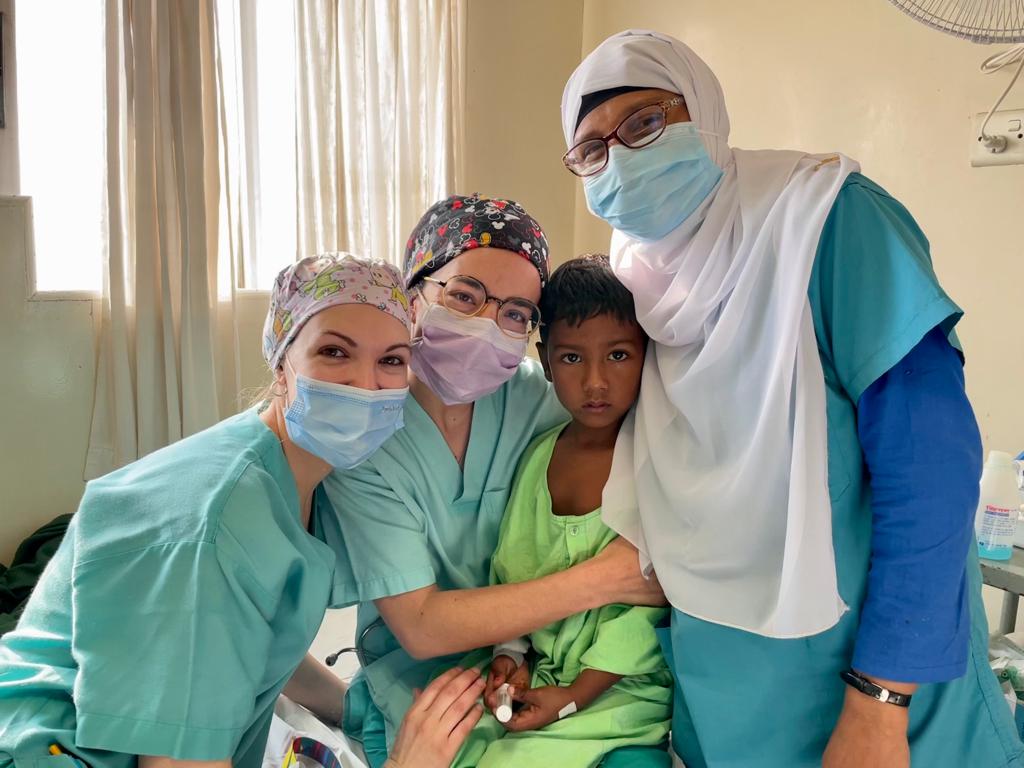
Involvement with all our senses, our skills and especially our humanity, helps us to overcome cultural and language barriers. We use the most international of languages: respect and love for others.
We had an enriching experience, and we hope that this will not be the last time we’ll be able to cooperate, in some way, with Friendship. We hope that, in the future, we will be able to bring help and support to all those who, this time, for lack of means or shortage of time, were unable to receive our attention. In our backpacks, we carry cases yet to be solved, some of which are difficult to solve, but despite that we will not desist, because these people don’t give up either.
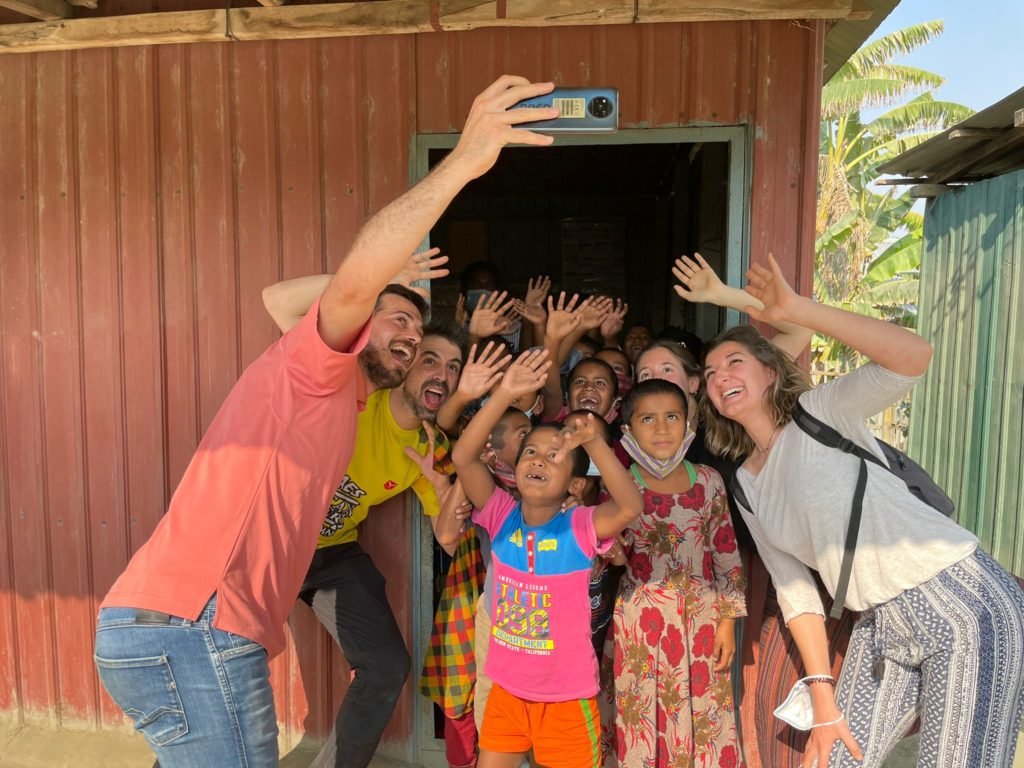
We are called by people whose eyes express a harsh reality, but, at the same time, reveal an eternal gratitude—people who have little or nothing. We are aware of this, and it makes us conscious that we must continue to overcome adversity.
Imprinted on our retinas remain the vivid colours of the clothes of the Bangladeshi people, conveying their intensity and their strength. The vibrant green of their crops shines through to reveal a hopeful future.
We come home content to have made a small contribution in favour of the less fortunate, but sorrowful in the knowledge that there are still many who are waiting for hearts for healthcare services like those we ourselves had the opportunity to provide, thus offering them new opportunities, bolstering their strength and harbouring new hopes for the future.
Dr Fina Tomàs, family doctor at CAP Torelló, formed a team together with Dr Raül Guerrero and Dr Júlia Gardenyes, the anesthesiologists Dr Cristina Esquerré and Dr Pau Benet, the nurses Núria Soler, Núria Pala and Judit Masramon, from the Hospital Universitari de Vic, and the urologist Dr Víctor Parejo from the Parc Taulí Hospital in Sabadell. They worked at the EFH in Gaibandha as volunteer doctors and nurses from March 06 to 12.

